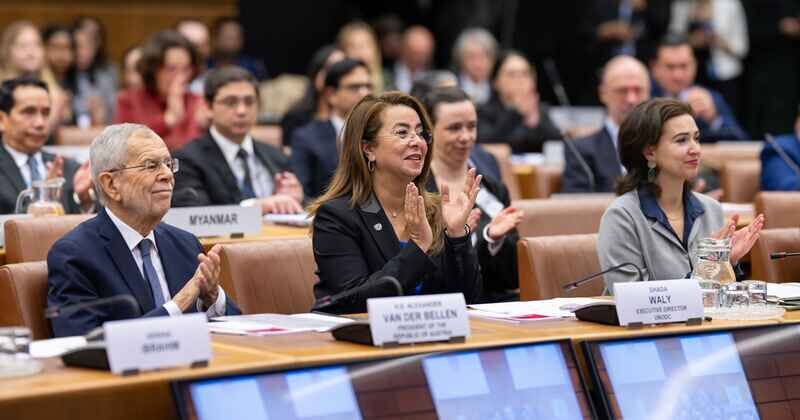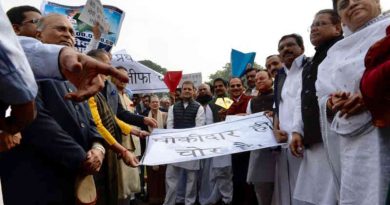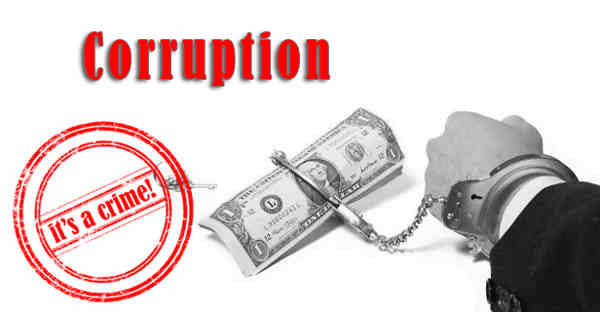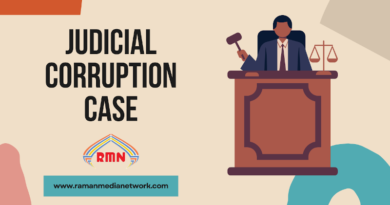Celebrating the 20th Anniversary of the United Nations Convention against Corruption
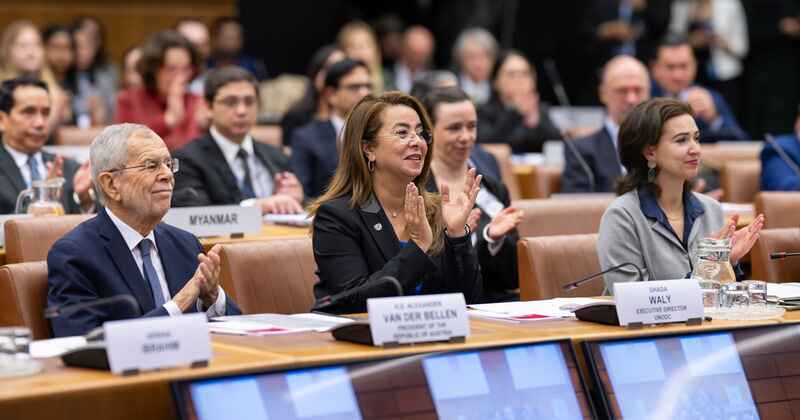
Celebrating the 20th Anniversary of the United Nations Convention against Corruption
The anniversary event highlighted the Convention’s transformation of the anti-corruption landscape over the past two decades.
Governments, international organizations, civil society, youth, and the private sector gathered in Vienna on October 31 to mark the 20th anniversary of the United Nations Convention against Corruption (UNCAC).
The world’s first and only legally binding anti-corruption instrument, UNCAC enjoys near universal adherence by governments, with 190 parties to the Convention.
According to the United Nations Office on Drugs and Crime (UNODC), UNCAC seeks to prevent and criminalize corruption while promoting international cooperation, the recovery and return of stolen assets, technical assistance, and information exchange.
“This anniversary should remind us not to rest on our ambitions. We must continue working towards a world free of corruption,” said Alexander Van der Bellen, Federal President of Austria, in his speech. “Governments, NGOs, media and the international community at large must join forces. By effectively addressing corruption, we can advance the rule of law and strengthen democracy.”
The anniversary event highlighted the Convention’s transformation of the anti-corruption landscape over the past two decades. International cooperation has helped return US$ 4.3 billion in corruption proceeds to the countries from which they were stolen since 2010.
Tools like the Implementation Review Mechanism, under which each State party to UNCAC is reviewed by two peers, have helped governments identify more than 9,000 gaps in the implementation of the Convention and over 4,000 technical assistance needs.
UNODC’s Regional Anti-Corruption Platforms and Anti-Corruption Hubs have helped States parties to implement UNCAC more rapidly through the sharing of good practices and challenges. The Global Network of Anti-Corruption Law Enforcement Authorities (GlobE Network), meanwhile, connects 172 authorities from 98 countries.
Yet corruption persists. The anniversary event underscored where gaps remain in UNCAC’s implementation. A lack of effective preventive strategies and policies continues to weaken public institutions and perpetuates the tolerance of corruption as an accepted norm.
United Nations data reveals that between 2015-2021, 20 percent of people worldwide who access a public service reported having paid a bribe to do so. Lower-income countries bear the burden of corruption more heavily.
The prevalence of bribery was 37.6 percent in low-income countries, versus 7.2 per cent in high-income countries between 2011 to 2020. Achieving efficient cooperation and recovery of proceeds of corruption in cases that span international borders can be complex and challenging.
“For two decades, the UNCAC has stood as a resonant global commitment to fight corruption, and as a highly effective platform to carry out that fight,” said Ghada Waly, Executive Director of UNODC. “As our global framework in the face of corruption, the UNCAC is vital for shared global aspirations.”
At the upcoming tenth session of the Conference of Parties to UNCAC, which will take place in Atlanta, United States of America from 11-15 December 2023, parties will have the opportunity to develop a common vision for future anti-corruption efforts.
“In a world that yearns for unity, we need to seize this opportunity and stand united against corruption,” added Ms. Waly.

